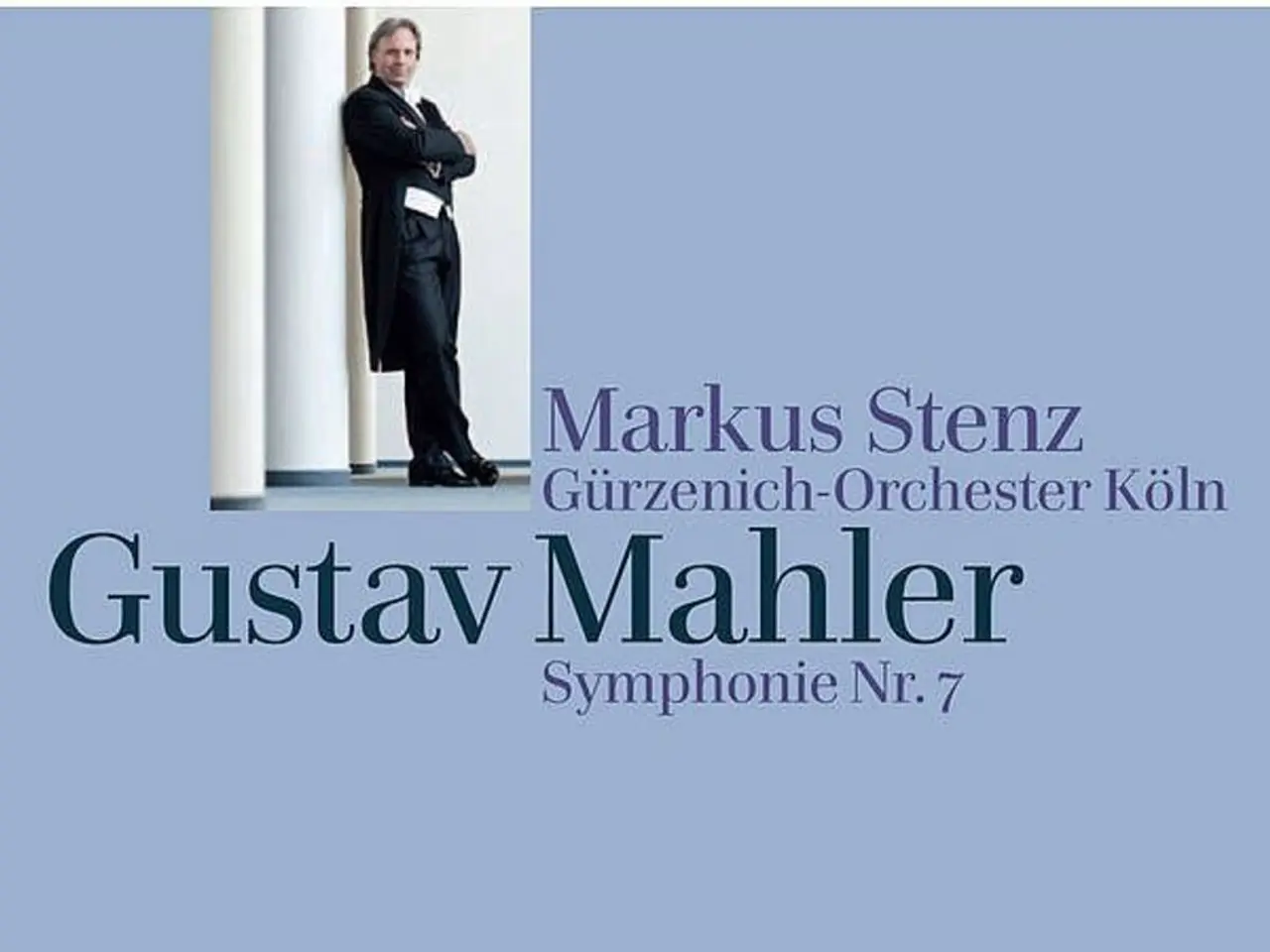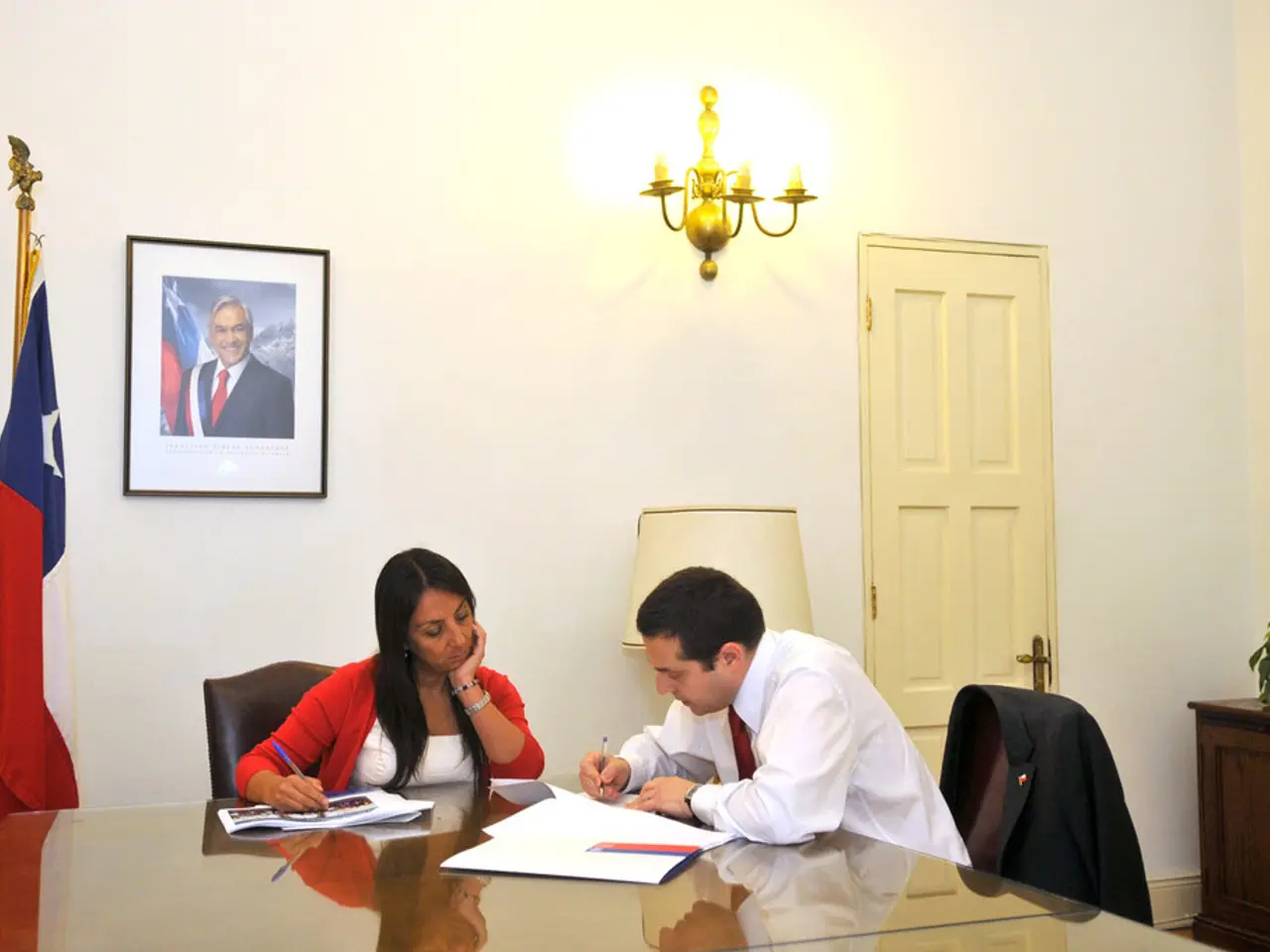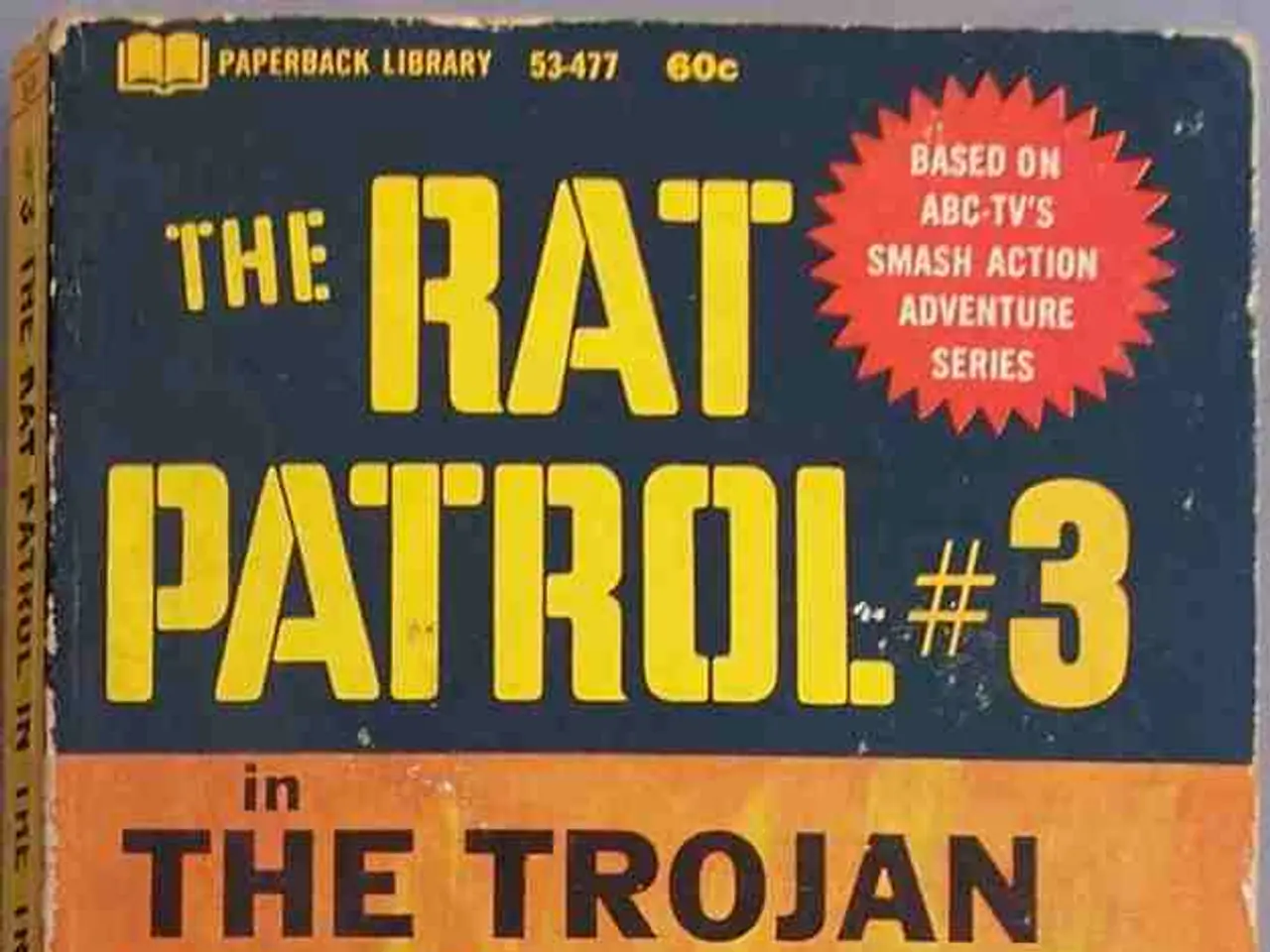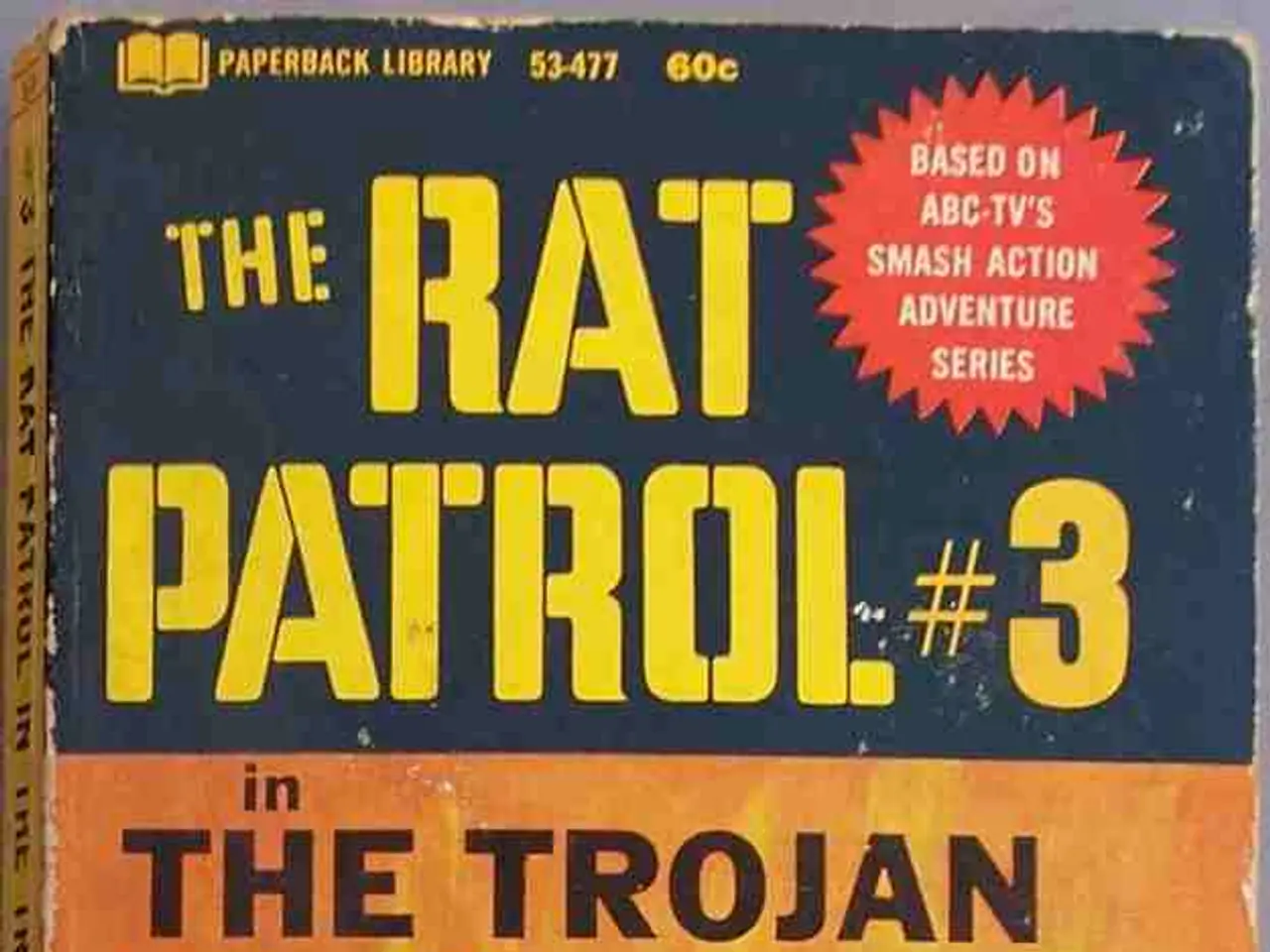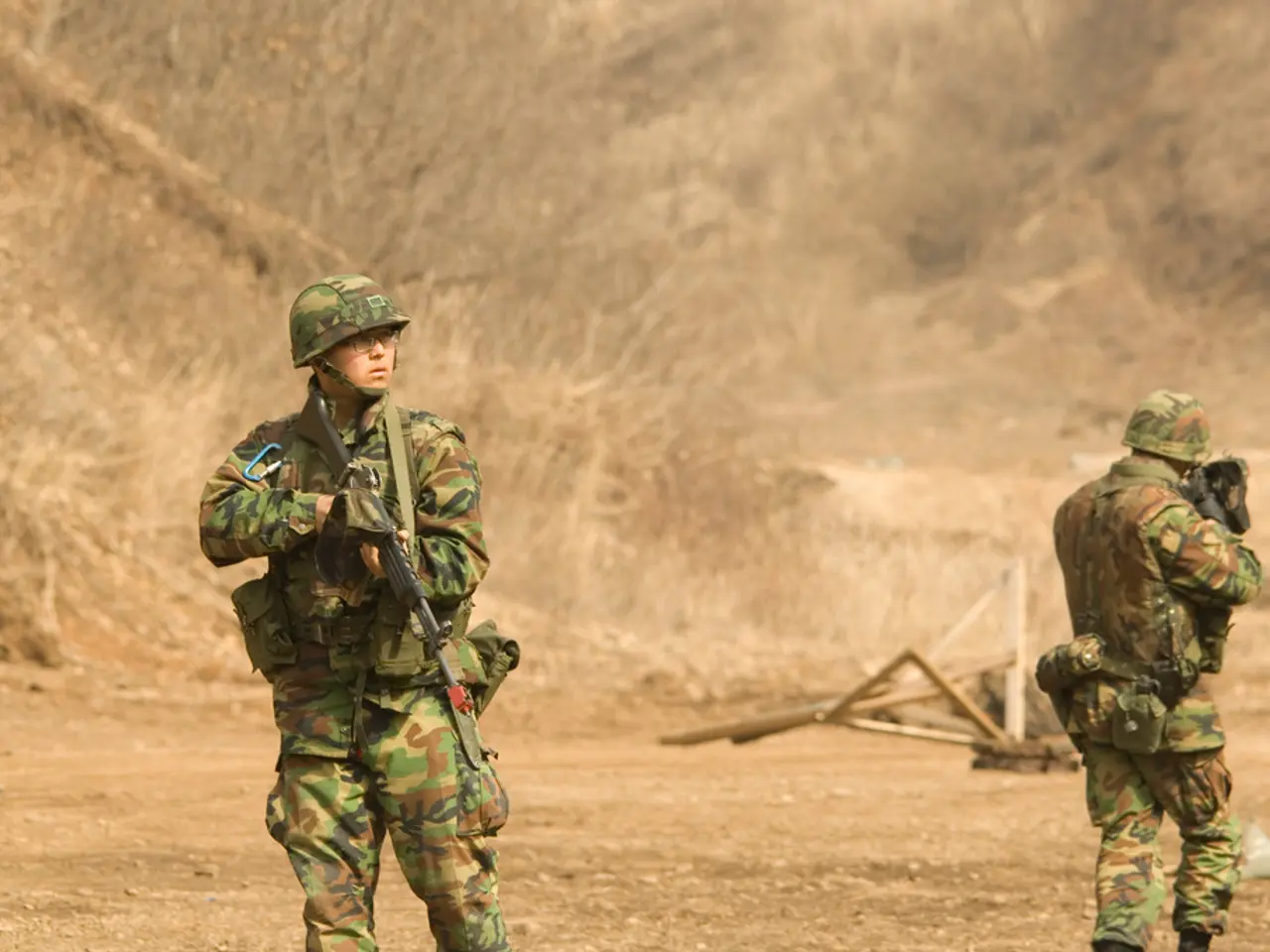BATTLE OF BUCKLES: "Compact" Magazine Roars On Despite Controversy and Criticism
by Phil G
- ~ 3 min read
The 'Compact' magazine: Its nature and the rationale behind proposed prohibition. - The Compact magazaine and its potential suppression: An analysis of its content and implications.
The "Compact" magazine, a monthly riposte with a combative edge, has been igniting debates since 2010. Founded by controversial far-right extremist, Jürgen Elsässer, it's critiqued for its sensational headlines, politically provocative criticisms, and texts steeped in anti-Muslim and anti-Semitic innuendos - a mouthpiece for the New Right and affiliates such as Pegida and the AfD.
The magazine reportedly boasts a circulation of approximately 40,000 copies. In 2020, the Federal Office for the Protection of the Constitution, Germany's domestic intelligence agency, rated it as a "certainly far-right extremist" concern. Later, in 2023, the Brandenburg Office for the Protection of the Constitution classified it as an "proven far-right extremist" threat.
In 2015, Compact extended its influence via the YouTube channel "Compact-TV," with around 515,000 subscribers (as of June 2025) and has been disseminating populist, sensationalist political discussions and news.
The Outcry for a Ban
After the government's designation, Federal Minister of the Interior, Nancy Faeser, imposed a ban on Compact Magazine GmbH, Conspect Film GmbH, and all affiliated trademarks and symbols in June 2024.
As per the Ministry's press release, the corresponding publications were deemed to "disseminate anti-Semitic, racist, minority-hostile, historical revisionist, and conspiracy-theoretical contents [that lacked] respect for human dignity and the free and equal participation of all citizens in the political will-formation."
However, the ban sparked a maelstrom of criticism from various observers and legal experts, aside from the uproar within the far-right camp.
But Why Was the Ban Criticized?
Banning media in Germany is an intricate process with high hurdles. Even in cases of openly unconstitutional media, individual texts, or issues are usually banned or indexed, but outright suppressing a medium from publishing contradicts Article 5 of the Basic Law that safeguards freedom of opinion and the press.
In the present case, the Interior Ministry employed association law. The objective was not to prohibit the magazine itself, but to stop the companies that enabled its production.
Following legal action initiated by "Compact-Magazin GmbH" in July 2024, the Federal Administrative Court temporarily stayed the immediate enforcement of the ban, as the question of proportionality was under review. Therefore, the magazine and its affiliated channels perpetuated until the court's decision.
With the ruling of the Federal Administrative Court in Leipzig, there is now clarity: Compact magazine can continue publishing. The verdict hinged on doubts regarding the prevalence of passages in the magazine that violate Article 1(1) GG, warranting the ban in terms of proportionality.
In essence, Compact magazine manages to publish its headlines despite valid criticisms related to far-right extremism, antisemitism, and Islamophobia. However, Germany's regard for freedom of speech and expression has fulfilled its promise in prohibiting an outright ban, highlighting the complexities of preserving democratic principles and ensuring liberty.
Community aid organizations in the general-news might be considering vocational training programs as a means to empower individuals who have been adversely affected by the ongoing controversy surrounding 'Compact' Magazine. Despite its far-right extremist classification, the magazine continues to publish provocative political content, raising questions about the limits of freedom of speech in a democratic society.
